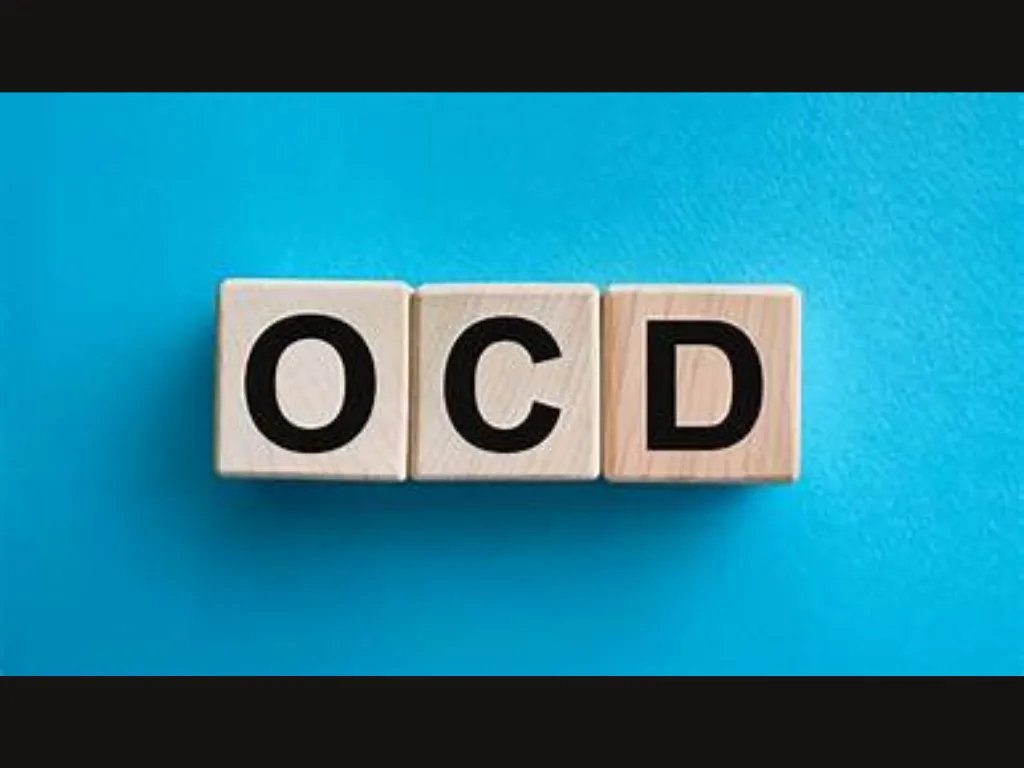
Understanding the Subtypes of OCD: Relationship OCD, Harm OCD, and False Memory OCD
Obsessive-Compulsive Disorder (OCD) is often misunderstood as simply being “neat” or “organized.” In reality, OCD is a complex anxiety disorder involving persistent, intrusive thoughts (obsessions) and repetitive behaviors or mental rituals (compulsions) aimed at easing distress.
While most people recognize common forms of OCD like cleaning or checking, there are lesser-known subtypes that can cause significant emotional pain including Relationship OCD (ROCD), Harm OCD, and False Memory OCD.
At Personal Wellness Solutions, we help individuals recognize these hidden forms of OCD and guide them toward healing through evidence-based, compassionate therapy.
1. Relationship OCD (ROCD)
Relationship OCD (ROCD) centers on obsessive doubts and fears about one’s romantic relationship or partner. Individuals with ROCD may constantly question their feelings, their partner’s feelings, or the relationship’s “rightness.”
Common obsessions include:
“Do I really love my partner?”
“Is my partner the right person for me?”
“What if I’m settling or making a mistake?”
Common compulsions include:
Seeking reassurance from friends or family
Constantly comparing the relationship to others
Overanalyzing feelings or interactions
Ending and restarting relationships out of fear or guilt
Impact on mental health:
ROCD can cause intense anxiety, guilt, and relationship strain. Therapy helps individuals differentiate between genuine relationship concerns and OCD-driven fears.
Treatment for ROCD:
At Personal Wellness Solutions, we often use Exposure and Response Prevention (ERP) and Cognitive Behavioral Therapy (CBT) to help clients break the reassurance cycle, tolerate uncertainty, and build trust in their emotions and relationships.
2. Harm OCD
Harm OCD involves intrusive thoughts or mental images about causing harm to oneself or others despite having no actual intent or desire to do so. These thoughts are ego-dystonic, meaning they deeply conflict with the person’s true values and cause immense distress.
Common obsessions include:
Fear of accidentally or intentionally hurting someone
Worries about losing control or snapping
Disturbing mental images involving violence or injury
Common compulsions include:
Avoiding sharp objects or driving
Seeking reassurance that one would “never do that”
Mentally reviewing actions to confirm no harm was done
Checking news or social media for “proof” of wrongdoing
Impact on mental health:
Harm OCD can lead to intense guilt, fear, and isolation, as individuals may withdraw from others to feel “safe.”
Treatment for Harm OCD:
Through ERP, clients learn to face intrusive thoughts without performing safety behaviors, gradually reducing anxiety and regaining confidence. Therapy helps individuals understand that having a thought is not the same as acting on it.
3. False Memory OCD
False Memory OCD causes individuals to doubt their own memories, often obsessing over whether they did or said something “bad” or immoral in the past.
Common obsessions include:
“What if I hurt someone and don’t remember?”
“Did I say something offensive at that event?”
“What if I committed a crime and blocked it out?”
Common compulsions include:
Replaying memories repeatedly
Seeking reassurance from others who were present
Checking news or social media for validation
Mentally reviewing every detail of past events
Impact on mental health:
False Memory OCD can cause severe guilt, shame, and confusion, leading to hours of rumination and mental exhaustion.
Treatment for False Memory OCD:
CBT and ERP help individuals accept uncertainty about their memories while refraining from mental review rituals. Over time, anxiety decreases, and clarity returns naturally.
Healing from OCD: You Are Not Alone
Living with OCD can feel isolating, especially when your obsessions center around taboo or confusing topics. But recovery is absolutely possible with the right treatment and support.
At Personal Wellness Solutions, our licensed therapists specialize in:
Obsessive-Compulsive Disorder (OCD) treatment
Exposure and Response Prevention (ERP)
Cognitive Behavioral Therapy (CBT)
Anxiety and intrusive thought management
Together, we’ll help you understand your OCD, reduce compulsive behaviors, and regain control of your thoughts and life.
Take the First Step Toward Relief
If you recognize yourself in any of these OCD subtypes, help is available.
📞 Contact Personal Wellness Solutions today at (813) 462-8849 to schedule a confidential consultation and start your path toward healing.
You don’t have to face OCD alone, recovery starts with understanding and the right support.
